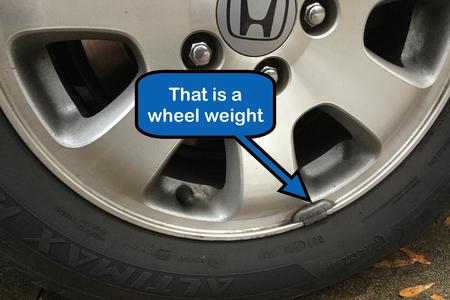After reviewing all the upcoming warning label changes, it’s clear that PROP 65 is a lot to deal with. If your product, process or environment does have a listed chemical which presents significant exposure, there are two choices:
1) Warn as per the regulations
*OR*
2) Redesign to lower the listed substance’s potential exposure to below significant or eliminate it entirely.
Yet even while most businesses are aware of these choices, the predominant question asked by most is – What is the Best Way to Comply?
The answer to that is early and quietly.
When businesses take the opportunity to study their products and environments and adapt early, they can find competitive advantages that could ultimately achieve better value for their customers and their employees. For businesses unfamiliar to PROP 65, there’s a steep learning curve ahead. But it’s not without its merits.
As with most externally imposed changes, it sometimes takes a while to take ownership of shifts in the regulatory landscape. When we do however, unexpected benefits could arise. This was the case when the auto industry grappled with replacing lead balancing wheel weights on cars.
The US EPA estimated that in California alone approximately half a million pounds of lead each year had been released into the environment as a result of wheel weights falling off. Road transit would ground down the wheel weights into particulates which would then get kicked up into the air and the surrounding areas. Roadways, parking lots and the subsequent water run-offs from areas of transit often had high levels of lead.

The auto industry initially reacted with dismay, with some companies adapting early and others dragging their feet, concerned about losing business to overseas suppliers.
When the EPA finally banned lead wheel weights, the industry was forced to think of alternatives and realized that switching to steel not only allowed them to comply, but also improved the weights’ performance.
It also cut down labor as the steel weights could then be recycled along with the rest of the vehicle, where lead weights had to be specially segregated.
The horror of compliance had become a high point in an industry’s quality story with many manufacturers expressing pride at delivering products that are not only better but significantly safer for the environment.
Today, wheel weights have evolved from clip-on steel weights to adhesive and composite variations as manufacturers seek to improve over-all vehicle lightness, aesthetics, and performance.
This is just one successful example arising from the initial pains of compliance. We face many of the same challenges our customers do, and have been on the PROP 65 journey for a while. Sometimes there really is no choice but to warn and engage in educating your customers about the risks of exposure.
The ideal choice of course, is to avoid having that question asked altogether. To this end, we offer phthalate-free, heavy metal-free, and BPA-free flexible films to meet the changing demands of PROP 65 regulation and consumer awareness.
Most rigid films more easily meet the substance concerns of the regulation due to their non-use of phthalates and softeners, though it’s important to remain watchful of new substance additions to the ever-expanding PROP 65 list.
One example of rigid films recently impacted by PROP 65 are styrenic substrates; this occurred in April 2016 when the OEHHA listed styrene on the PROP 65 list. Styrene is a liquid used to make styrene based plastics such as those used in temporary signage, print boards, building insulation, rubber tires, carpet backing, fiberglass composites used in bath enclosures, tubs, countertops, boats, surfboards, vehicle panels, wind turbines and in food containers such as polystyrene.
PVC Tech does not carry rigid styrene films. We do offer a range of rigid films for print, packaging and specialty applications in PVC, PET & Polypropylene (PP), all of which would present no significant exposures to listed substances and which therefore would require no warning labels. Additionally, our rigid PET and PP films feature superior recyclability as well as versions with recycled content; both are also certified as safe for food contact use in the US and Europe.
As we countdown to the August 2018 deadline, we know there’ll be plenty more to do to proactively service customers, manage risks while delivering the best products available at the right price points and to comply by warning where required or by sensibly reformulating where possible.
If you’re interested to hear more about films we can offer to help you build a better product or package, please contact us at info@pvctech.com or call us at 1-888-782-323, our staff will be happy to help you.
The regulatory text and supporting rulemaking documents can be viewed or downloaded from the State of California OEHHA website.

